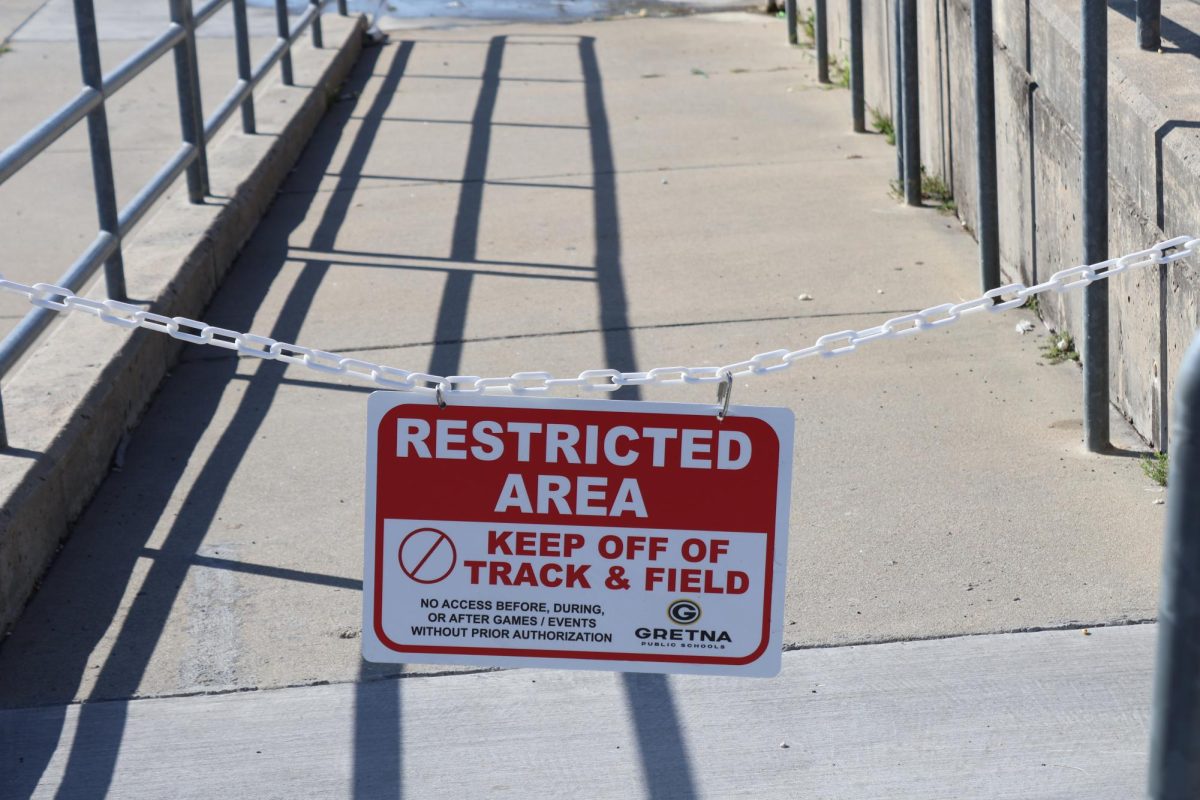Last Saturday, the United States House of Representatives passed a revised bill that could result in TikTok being banned. The bill is intended to eliminate ByteDance’s access to data or personal information from people within the US. If the bill is signed into law, ByteDance will have 270 days to sell TikTok to a trusted company, or they will face a nationwide ban in the United States, which is three months longer than the previous version of the bill’s time frame.
Currently, the bill is waiting on a vote by the Senate. This vote may come this week, since the House of Representatives fast tracked the bill when they attached it to a Ukraine, Israel and Taiwan aid package.
If it is passed, the bill will require a signature by President Biden to be made into law. Early last month, he said that he would support and sign the bill in the event that it makes its way to his desk. However, even if it is signed into law, ByteDance said they will challenge the decision, which will prolong the ban or forced sale.
This issue surfaced towards the end of former president Donald Trump’s administration in 2020, where comments were made about national security concerns. These allegations were amplified in 2022 when TikTok employees used data collected by the app to determine whether their coworkers leaked confidential information to reporters.
TikTok has around 170 million U.S. users, most of them being on the younger end. This also reflects the opinion of people on the ban, since people who oppose the bill are mostly part of the older generation.
One problem that comes with this bill is that if it does get banned in the U.S., many users, in all generations, will lose their source of income or even their full-time job. A third of all users who consider themselves influencers make enough to consider it a full-time job, with the average TikTok influencer making $121,765. This mainly comes from endorsements or commission that they receive from recommending products.
The same influencers say they use their platform to share their knowledge over relevant topics. The app also allows users to spread information or support movements they believe.
One of those users, Josh Monroe, a fifth grade teacher in Millard, has 1.4 million followers and makes videos about how he conducts his classroom. He does this with the help of his therapy dog, Nala.
“The biggest way [I use TikTok] is probably creating situations that teachers would or do see in a classroom,” Monroe said, “and showing how to use love, empathy and accountability in ways that empower kids.”
Another issue is that President Biden’s approval of the bill may anger people, because embracing TikTok was part of President Biden’s reelection campaign, and this comes only a few months before the presidential election this November. Earlier this year, President Biden’s campaign used TikTok to reach younger voters.
This is the most serious attempt at taking action against ByteDance, with past attempts not being nearly as successful. The politicians who have crafted the bill say that it is not about banning the app but instead an effort to push the parent company, which they believe is connected to the Chinese government, out of the picture.









